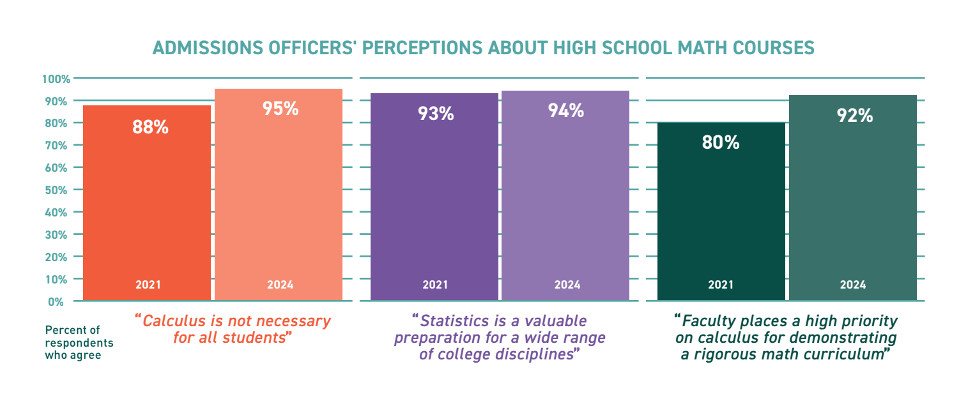Did you know that almost half of all kids in the U.S. go through challenging experiences that affect their mental and emotional health later? It’s true. According to the National Institute of Children’s Health Quality, around 34.8 million kids—almost...


Did you know that almost half of all kids in the U.S. go through challenging experiences that affect their mental and emotional health later? It’s true. According to the National Institute of Children’s Health Quality, around 34.8 million kids—almost half of all American children—face trauma while they’re growing up.
These tough experiences can affect how kids feel and can sometimes lead to problems like addiction into adulthood.
At Alpine Recovery Lodge, we know how important it is to understand how trauma in childhood can lead to addiction.
In this blog, we discuss how early experiences can affect someone’s life and how we can help heal and support those dealing with both childhood trauma and addiction. Continue reading to learn more.
How Is Childhood Trauma Defined?
Childhood trauma refers to deeply distressing or disturbing events or experiences that occur during childhood. These experiences can be emotional, physical, or psychological, often overwhelming a child’s ability to cope.
Traumatic events can vary widely and might include abuse, neglect, violence, accidents, natural disasters, witnessing violence, or experiencing the loss of a loved one.
The impact of childhood trauma can be significant and long-lasting, affecting various aspects of a child’s development and well-being. It can influence emotional and behavioral responses, cognitive functioning, social interactions, and overall mental health.
Childhood trauma is not solely limited to single, isolated events. Still, it can also result from ongoing stress or adversity, such as living in a chronically unsafe environment or experiencing repeated instances of maltreatment.
Understanding and acknowledging the effects of childhood trauma and its tie to addiction is crucial in providing appropriate support and interventions to help individuals heal fully from their past trauma experiences.
The Tie Between Childhood Trauma and Addiction
The connection between childhood trauma and addiction is significant and complex.
Adverse childhood experiences (ACEs) or childhood trauma can deeply impact a person’s emotional and psychological well-being, often leading to coping mechanisms that might include substance use or addiction later in life.
Children who face trauma may develop difficulties in regulating emotions, coping with stress, or forming healthy relationships. As they grow, these challenges can manifest in various ways, such as using substances like drugs or alcohol to numb emotional pain or escape from distressing memories associated with their traumatic experiences.
Numerous studies consistently highlight a direct connection between childhood trauma and an increased risk of developing substance use disorders. Individuals who have experienced trauma are more likely to engage in substance abuse to self-medicate or alleviate the psychological distress caused by the trauma.
Understanding this link is crucial in providing effective addiction treatment, as it often involves addressing the underlying trauma that contributes to addictive behaviors.
At Alpine Recovery Lodge, we provide comprehensive treatment approaches that recognize and treat both addiction and the effects of childhood trauma to improve recovery outcomes.
Dual Diagnosis Treatment: An Effective Way to Manage Childhood Trauma and Addiction
Dual diagnosis treatment is one of the most effective approaches to managing childhood trauma and addiction simultaneously. This specialized form of therapy recognizes and addresses both substance use disorders and co-occurring mental health conditions, including trauma-related disorders like post-traumatic stress disorder (PTSD).
In dual-diagnosis treatment, individuals receive comprehensive care that uses therapies and interventions tailored to address both addiction and the effects of childhood trauma. It typically involves
Tailored treatment plans that address both substance use and trauma-related symptoms are designed to meet the individual’s specific needs and can include various therapeutic modalities. Evidence-based therapies, such as trauma-focused therapy, cognitive-behavioral therapy (CBT), dialectical behavior therapy (DBT), or Eye Movement Desensitization and Reprocessing (EMDR), aim to address trauma-related symptoms while simultaneously treating addiction. Medication-assisted treatment (MAT) to manage both substance use disorders and co-occurring mental health conditions, alleviating symptoms and supporting recovery. A safe and supportive environment where individuals feel understood, respected, and empowered to address their trauma and addiction issues. Continual monitoring and adjustment of the treatment plan as needed to ensure sustained progress and recovery.Dual-diagnosis treatment offers a holistic and integrated approach, acknowledging the interconnectedness of trauma and addiction.
By addressing both issues together, individuals can gain a better understanding of the relationship between their trauma experiences and substance use, fostering more comprehensive healing and long-term recovery.
Compassionate Trauma and Addiction Treatment in Utah
Healing from childhood trauma is a vital step in addressing addiction and achieving total mental well-being.
As a leading addiction treatment facility in Utah, we specialize in comprehensive dual diagnosis treatment, integrating effective behavioral therapy to support your journey toward long-term recovery. Our tailored approach recognizes the uniqueness of each person’s experience, providing evidence-based strategies to meet individual needs and goals.
Our highly trained staff is dedicated to employing various forms of behavioral therapy, ensuring that patients receive the most appropriate and effective treatment for both addiction and co-occurring mental health conditions, including trauma.
If you’re hoping to heal from your trauma and aim for a healthier, more balanced life, we are here to help.
Your transformative journey toward healing from your trauma starts here. Contact us today to learn more and get started.
Read More...















